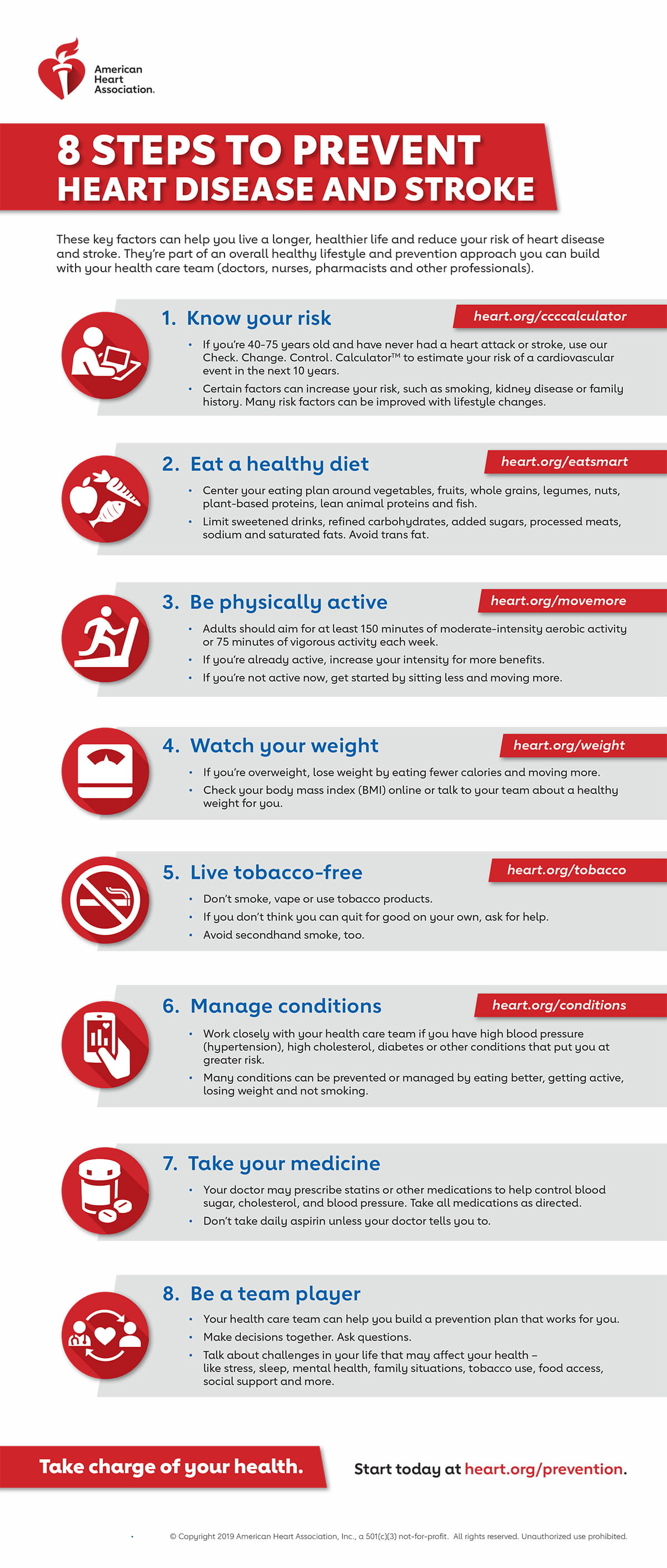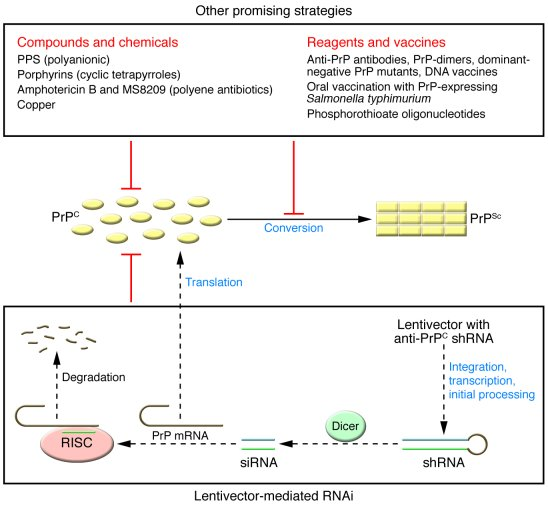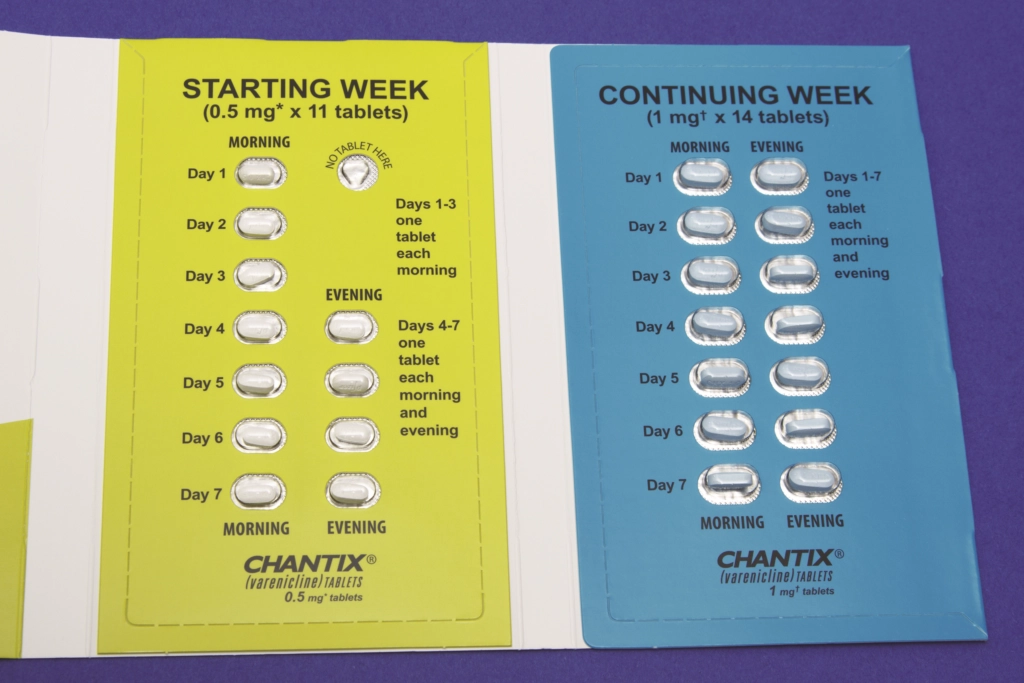Heart disease prevention is a critical aspect of achieving long-term wellbeing, as cardiovascular conditions rank as the leading cause of death in the United States. It is essential to prioritize cardiovascular health and recognize that proactive measures, such as cholesterol management and understanding one’s blood pressure, can significantly reduce risks. Heart disease awareness is often overshadowed by apprehension towards more notorious illnesses like cancer, but experts urge patients to begin preventive cardiology efforts early in life. By adopting simple vascular health tips, individuals can take charge of their health and steer clear of severe conditions that could arise later. Making informed lifestyle choices and establishing good habits can empower everyone to combat heart disease effectively and foster a healthier society.
Preventing heart-related ailments is not just about avoiding a diagnosis; it’s about embracing a healthier lifestyle that supports overall cardiac wellness. Understanding how to mitigate risks associated with cardiovascular diseases can lead to improved life quality and longevity. The journey begins with educating oneself on the significance of monitoring cholesterol levels and engaging in regular physical activity. Furthermore, adopting preventative measures early in adulthood can create a resilient foundation against future health complications. By treating heart disease as a manageable aspect of health rather than a looming threat, individuals can actively participate in their well-being.
Understanding Heart Disease and Its Impact
Heart disease, a term that encompasses a range of cardiovascular conditions, continues to be the leading cause of death in the United States. According to experts, a significant issue lies in the public’s lack of urgency regarding heart disease prevention. Unlike cancer, which commands immediate action and awareness, many individuals view heart disease with a sense of dismissiveness. This mindset undermines the critical importance of understanding cardiovascular health and the risks associated with neglecting preventive measures. As awareness campaigns grow, it’s essential to foster a sense of urgency around heart disease to encourage proactive health choices.
Many healthcare professionals, such as Dr. Joseph Woo and Dr. Jorge Plutzky, emphasize that heart disease accumulates damage over time rather than being solely an age-related ailment. Early detection and intervention are paramount for effective cardiovascular disease management. Patients must engage with their health by knowing vital statistics like cholesterol levels and blood pressure. By normalizing cardiovascular health monitoring, individuals can take significant strides toward reducing their risk of heart disease, thus reshaping the narrative around this silent killer.
The Importance of Cholesterol Management in Heart Disease Prevention
Cholesterol management is a pivotal aspect of heart disease prevention. Elevated levels of LDL, known as “bad cholesterol,” can lead to atherosclerosis, significantly increasing the risk for heart disease. Dr. Jorge Plutzky points out that the accumulation of high cholesterol often goes unnoticed until significant damage has occurred, underscoring the importance of regular screenings. By implementing lifestyle changes and, if necessary, medications like statins at an early age, individuals can effectively manage cholesterol levels and mitigate cardiovascular disease risks.
Moreover, the relationship between diet, exercise, and cholesterol cannot be overstated. Adopting a heart-healthy diet rich in vegetables, fruits, whole grains, and healthy fats, alongside regular physical activity, contributes to optimal cholesterol levels. Public health initiatives must promote cholesterol awareness and education to empower individuals to make informed choices regarding their diets and physical activity, ultimately supporting cardiovascular health and preventing heart disease.
Heart Disease Awareness and Its Role in Prevention
Heart disease awareness remains crucial for effective prevention strategies. Despite significant advancements in medical technology and treatments, the public’s underestimation of cardiovascular risks leads to inaction. As highlighted by health experts during a recent forum, increasing awareness can shift perceptions and result in improved preventive cardiology practices. It is essential to recognize that proactive health measures can alter one’s risk profile for heart disease significantly.
Engaging communities through educational programs, workshops, and initiatives designed to raise heart disease awareness can lead to significant lifestyle modifications. Programs focusing on understanding risk factors and encouraging regular check-ups can empower individuals to take charge of their vascular health. By fostering a culture that prioritizes heart health, the narrative surrounding cardiovascular disease can evolve from one of complacency to proactive prevention.
Preventive Cardiology: Strategies for Better Heart Health
Preventive cardiology focuses on strategies that help individuals maintain heart health and prevent the onset of cardiovascular diseases. This approach encompasses regular health screenings, lifestyle modifications, and early interventions. Health professionals like Dr. Joseph Woo advocate for a proactive approach where patients do not wait for symptoms to occur before taking action. Important preventive measures include monitoring blood pressure, managing cholesterol, and assessing family history to determine personalized risk factors.
Additionally, the integration of technology in healthcare provides new avenues for enhancing preventive cardiology. Wearable fitness devices and health apps allow patients to track their activity levels, heart rate, and other vital statistics conveniently. This technology not only motivates individuals to adopt healthier lifestyles but also fosters a deeper understanding of personal health metrics, enabling proactive management of one’s cardiovascular health.
Vascular Health Tips for a Heart-Healthy Lifestyle
Maintaining vascular health is essential to preventing heart disease. Simple lifestyle changes can have a profound impact on overall cardiovascular health. Individuals are encouraged to incorporate regular physical activity into their routines, aiming for at least 150 minutes of moderate exercise weekly. Additionally, adopting a balanced diet low in saturated fats and rich in omega-3 fatty acids can significantly improve vascular health. Nutrition not only impacts cholesterol levels but also influences other factors like blood pressure and overall weight.
Moreover, stress management techniques, such as mindfulness meditation or yoga, can also play a vital role in maintaining vascular health. High stress levels can lead to hypertension and other cardiovascular risks. By prioritizing mental well-being alongside physical health, individuals can enhance their overall cardiovascular health profile, paving the way for a heart-healthy lifestyle.
Innovations in Heart Disease Treatment and Prevention
Advancements in medical technology have significantly transformed the landscape of heart disease treatment and prevention. Techniques such as minimally invasive valve surgeries and heart transplant methods utilizing advanced machines for transport are revolutionizing patient care and outcomes. These innovations not only enhance recovery times and improve survival rates but also inspire confidence in the medical community’s ability to combat heart disease more effectively.
The role of artificial intelligence (AI) in personalizing care plans represents another groundbreaking development in heart disease prevention. By analyzing patient data in real-time, AI can assist healthcare providers in tailoring interventions to individual needs, ensuring more effective management of cardiovascular risks. As these technologies continue to evolve, they are set to play a pivotal role in preventive cardiology, driving down heart disease rates and promoting healthier populations.
The Role of Family History in Heart Disease Risk Assessment
Family history is a significant risk factor in assessing an individual’s susceptibility to heart disease. Genetic predispositions can play a crucial role in cardiovascular health, making it essential for individuals to be aware of their family’s health background. Healthcare providers often stress the importance of discussing family medical history during check-ups, as this information can guide preventive measures and screening decisions for conditions such as high blood pressure and high cholesterol.
Understanding family history allows for more tailored preventive strategies. For instance, individuals with a family history of heart disease may benefit from earlier screenings and lifestyle interventions to decrease their risk. By recognizing and acting upon these genetic influences, individuals can take proactive steps towards ensuring better cardiovascular health and lower their risk of developing heart disease.
Understanding the Psychological Aspects of Heart Disease
The psychological aspects of heart disease are often overlooked yet play a crucial role in overall cardiovascular health. Mental health issues such as depression and anxiety can exacerbate cardiovascular conditions, leading to increased risks. This necessitates an integrated approach to cardiovascular care that includes mental health assessments alongside physical evaluations.
Promoting mental well-being is essential for heart disease prevention. Encouraging patients to engage in stress-reducing activities and seeking psychological support can enhance their overall health outcomes. Healthcare providers should address psychological factors when developing comprehensive treatment plans for cardiovascular patients, integrating counseling and support resources to improve both mental and physical health.
Community Engagement in Heart Disease Prevention Initiatives
Community engagement plays a vital role in heart disease prevention initiatives. Local organizations and health systems can work together to create programs that educate the public on the importance of cardiovascular health. Through workshops, seminars, and health fairs, community members can learn about risk factors, preventive cardiology, and the significance of regular health screenings.
Moreover, building strong community support networks can enhance individuals’ motivation to adopt healthier lifestyles. Support groups can provide accountability, share resources, and encourage participation in heart-healthy activities, such as walking clubs or cooking classes focused on nutritious meals. By fostering a sense of community around heart disease prevention, individuals are more likely to engage in proactive health behaviors.
Frequently Asked Questions
What are some effective strategies for heart disease prevention?
Heart disease prevention involves adopting a heart-healthy lifestyle, which includes regular physical activity, a balanced diet rich in fruits and vegetables, adequate sleep, and managing stress. It’s also crucial to monitor cholesterol levels regularly, understand your blood pressure, and avoid smoking. Engaging in preventive cardiology can help you catch early signs of cardiovascular disease.
How can cholesterol management impact heart disease prevention?
Cholesterol management plays a vital role in heart disease prevention. Keeping LDL cholesterol, known as ‘bad’ cholesterol, at optimal levels reduces the risk of plaque buildup in the arteries. This involves dietary changes, regular exercise, and, when necessary, medication prescribed by a healthcare provider to ensure a healthier cardiovascular system.
Why is heart disease awareness critical for prevention?
Heart disease awareness is critical for prevention because many individuals underestimate their risk. Understanding risk factors such as age, genetics, and lifestyle choices can motivate individuals to take proactive steps in maintaining vascular health. Knowledge empowers people to seek regular screenings and adopt healthier habits early on.
What role does preventive cardiology play in heart disease prevention?
Preventive cardiology focuses on preventing cardiovascular diseases before they occur. It involves assessing risk factors, educating patients on lifestyle changes, and providing personalized recommendations to improve heart health. Early intervention through routine check-ups and screenings can significantly mitigate risks associated with heart disease.
What are some vascular health tips to lower the risk of heart disease?
To promote vascular health and lower the risk of heart disease, consider these tips: maintain a healthy weight, engage in regular physical activity (at least 150 minutes weekly), eat a diet low in saturated fats and high in fiber, limit sugar and salt intake, manage stress through mindfulness or other techniques, and avoid smoking. Regular health check-ups are also essential to monitor blood pressure and cholesterol levels.
| Key Points | Details |
|---|---|
| Heart Disease Awareness | Many patients are not aware of the severity and consequence of heart disease compared to cancer, causing inaction. |
| Patient Attitudes | Patients often delay taking preventive measures like improving diet or exercising, thinking they can tackle it later. |
| Understanding Risk | Patients are advised to know key health metrics such as cholesterol levels and blood pressure from an early age. |
| Advancements in Treatment | Minimally invasive surgeries and AI technology are transforming treatment options. |
| Role of Healthcare Professionals | Doctors must communicate the importance of early treatment and medication adherence to patients. |
| Community Support | Care navigators are being employed to help manage patients’ care and overcome barriers to treatment. |
Summary
Heart disease prevention is crucial as it continues to be America’s leading cause of death. The casual attitude towards heart disease leads many individuals to delay necessary preventive measures. Ensuring awareness and encouraging early action on health metrics like cholesterol and blood pressure can significantly reduce risks associated with heart disease. Furthermore, advancements in medical treatments combined with support systems, like care navigators, can help bridge the gap in patient care and adherence to prevention strategies. By prioritizing heart disease prevention, individuals can take decisive steps toward better cardiovascular health.



